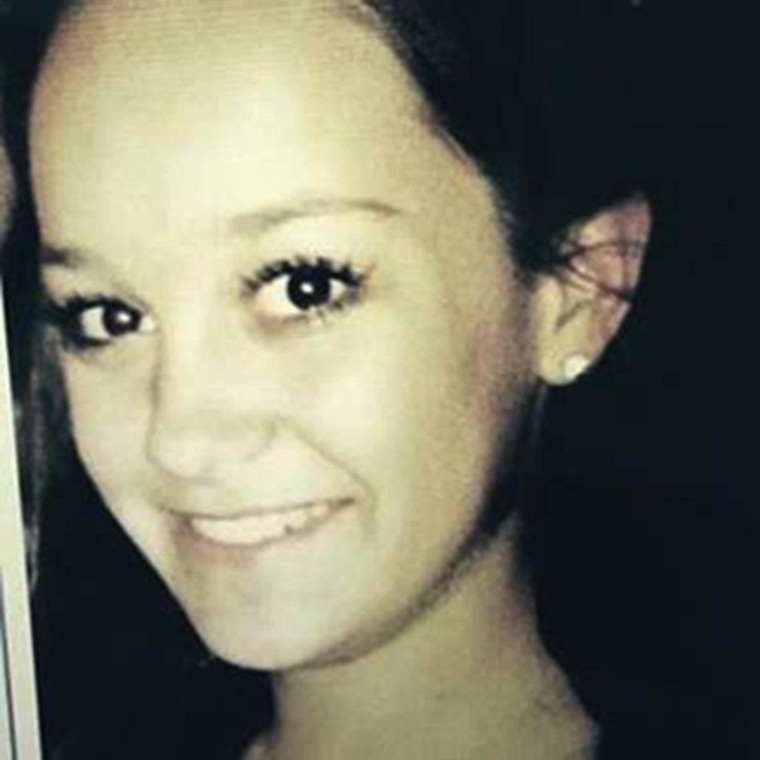A Drexel University sophomore who died Monday was infected with the same strain of meningococcal bacteria that prompted emergency vaccination clinics at two U.S. universities in recent months.
Stephanie Ross’ bloodstream infection, called meningococcemia, was caused by the B strain of the bacteria, Pennsylvania state health officials confirmed Thursday. That strain is not covered by the meningitis vaccine available in the U.S. — and required for students in campus housing at Drexel — to protect college students and others against the potentially deadly infection.
The mechanical engineering major from Pittsburgh was discovered unresponsive by housemates at her sorority Monday and rushed to a local hospital, where she died.
Outbreaks of meningitis B at Princeton University and the University of California, Santa Barbara, prompted federal health officials to seek special permission to use Bexsero, an imported vaccine not approved in the U.S. that covers that strain.
Officials at the Centers for Disease Control and Prevention were testing the strain that infected Ross to see whether it was genetically related to the outbreaks at either school, or whether it was a different, isolated strain.
The death is sure to raise new questions about licensure of Bexsero in the U.S. Officials with Novartis have said they are working with the federal Food and Drug Administration to license the drug in America.
There are about 500 cases of bacterial meningitis in the U.S. each year, numbers that have been falling steadily, even with the recent outbreaks, health officials said. Most cases are isolated infections, not outbreaks.
About 5,200 Princeton students received the first doses of the vaccine in December, and another 4,700 got booster shots in February after eight infections dating back to March 2012.
Another 9,000 students at UCSB were vaccinated in a clinic that ended March 7. That's about half of the 18,000 students who were recommended to get the vaccine. At that school, an outbreak of meningitis B sickened four students in November, including an 18-year-old student whose feet had to be amputated because of infection.
